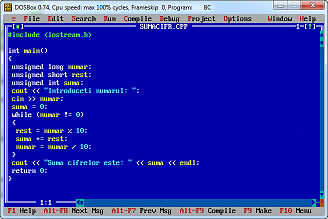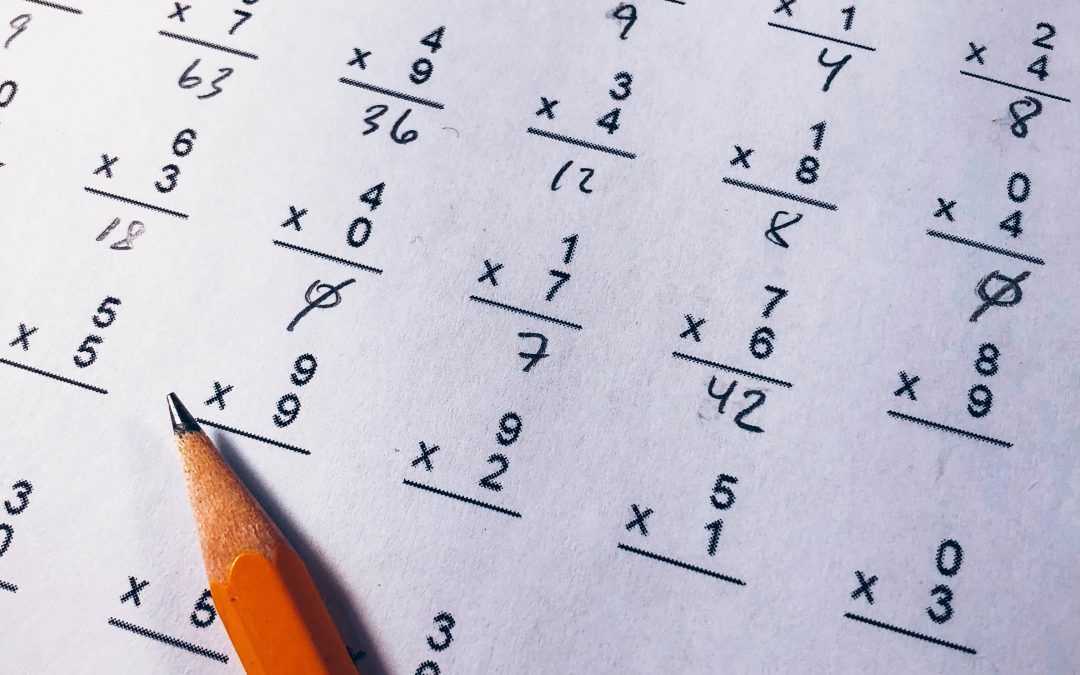Most of what I was taught in high-school is lost on me (and the majority of Romanian adults older than 24–25). Because some of the math we did looks something like this:

and some of the coding we learned had this interface (yes, I liked programming far better than Maths!):

Do You See The Double Trouble Here?
With maths you learned different formulas by heart, with no real connection to their meaning and actual use in real life. In the best case scenario you did get the reasoning behind the formulas, but the sheer repetition of applying them over and over again made you a robot, a slave to endless tests in school that only asked you to apply the right formula. Get it wrong and lose all points.
Programming was a different world. It made sense back then. It was made of small little pieces of algorithms you needed to create just the right jigsaw puzzle. But it was still so disconnected from the real world. You wrote the algorithms and then the code on a piece of paper or a chalkboard. If you were lucky you got to compile and then run the code on a real PC. But that was about it. Code did not turn into reality, you could not touch the result.
We Were The Generation That Had Google And Facebook At Their Fingertips.
We were used to looking up the answers and collaborating online, we loved chatting and the feeling of discovery and empowerment the Internet brought us. We loved the speed, were addicted to it, its victims, we did not have the patience to memorize formulas we could look up online or code that did not turn into a living organism that could join the online network. School failed to keep up. Teachers were immune to us learning history from Wikipedia and YouTube, they resented our results driven approach to school projects, couldn’t understand our need for speed and our easy use of the humongous memory the Internet provided: there were so many fast interactive resources online that the ones in the classroom seemed obsolete.
They could have joined us. They could have used it to their advantage, used it to explain the reason and the beauty behind those disciplines, they could have engaged us in stories of how the integral came to exist and get us to use coding to tell our own stories. They did not. So we forgot the formulas and ignored unfruitful code.
Last week while working on a blog post I discovered Scratch (yes, I know, I am so late for this one!) and imagined using it in the classroom. Oh, the fun we would have had! Days later I learned about Kano-kit and how educators around the world use it to teach kids how hardware works – get this: you get to assemble your own PC! How about that instead of copying the lesson from a school book?
This is why I joined the Small Academy team here in Romania, a start-up that aims to do just that: get Romanian kids to befriend technology and gadgets and use them to learn about real life. And to prepare for real life jobs where there is no formula to passthe test, just questions that need resourceful minds.
You can read more about small.academy and drop us a line at hello@small.academy if you have any questions.

